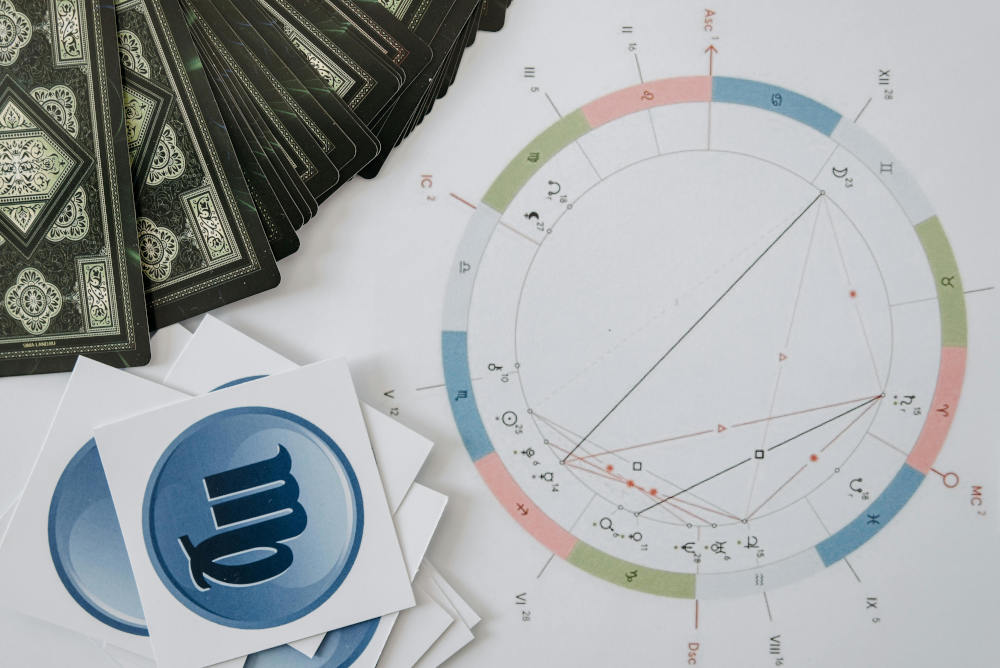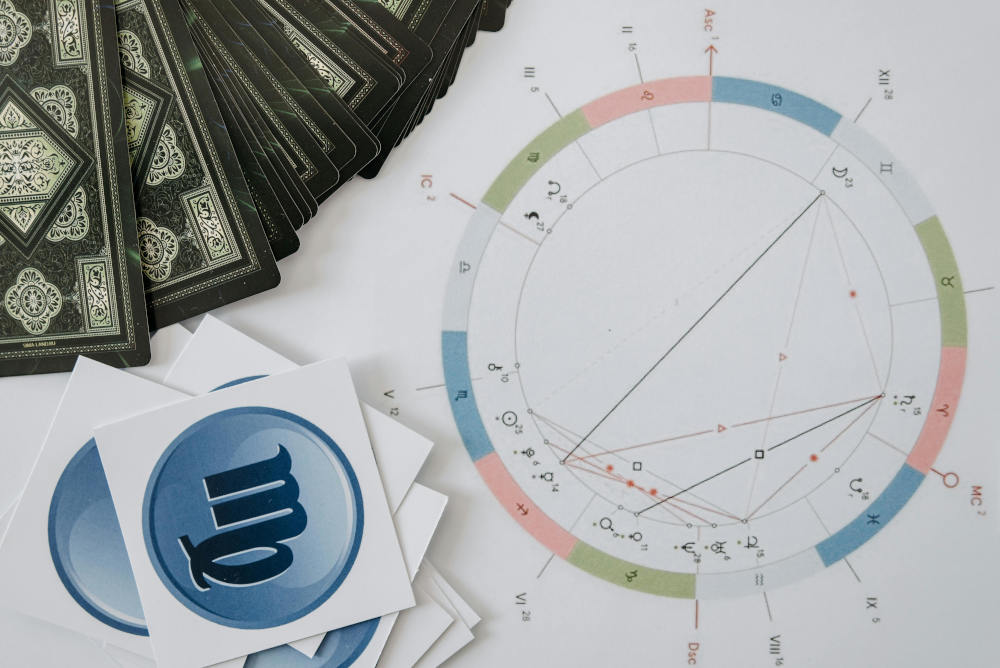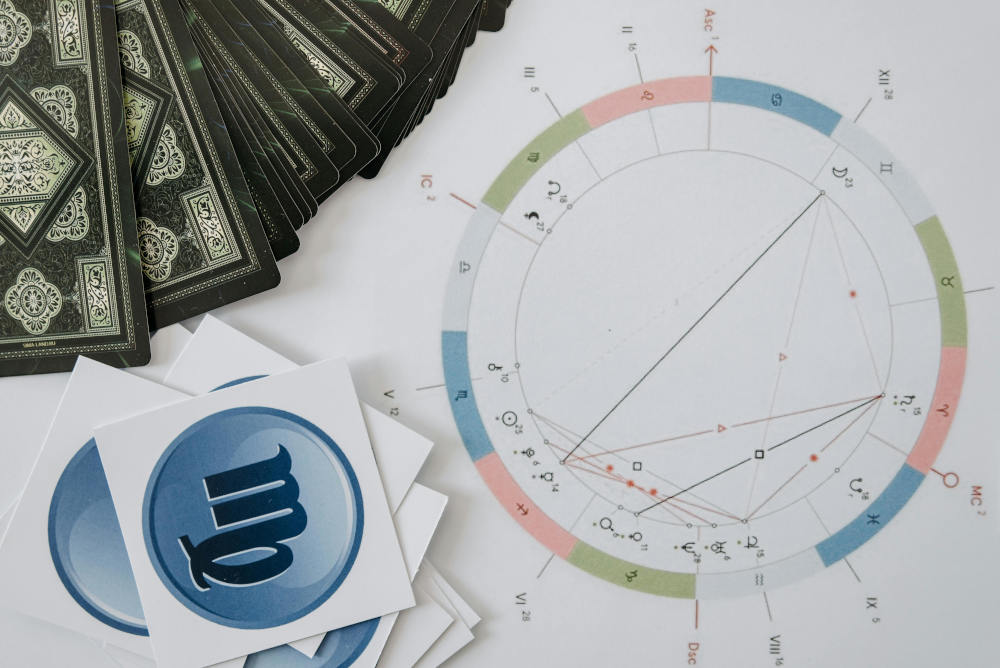
Esprit is a fashion retailer and manufacturer of clothing, footwear, accessories, jewelry, and housewares. The company is headquartered in Kowloon, Hong Kong, and Ratingen, Germany.
American entrepreneur Douglas Tompkins and Susie Tompkins Buell founded Esprit Holdings Ltd. in 1968 in San Francisco, California.
Esprit offers a wide range of apparel, bags, shoes, and accessories for women, men, and kids in the largest fashion markets of Asia, Europe, and America. It operates 429 directly managed retail stores worldwide.
Esprit focuses on the latest trends in fashion to create new styles. Some of its popular products include casual sportswear and business clothing, as well as urban casual clothing, streetwear, underwear, and swimwear.
Esprit wants to change things to move away from a linear economy and a throwaway culture. It aims towards a circular economy in which we treat raw materials with respect.
Panaprium is independent and reader supported. If you buy something through our link, we may earn a commission. If you can, please support us on a monthly basis. It takes less than a minute to set up, and you will be making a big impact every single month. Thank you!
Sustainability Rating: 4/10
Rating FAQ
Category: Clothing, shoes, bags, accessories, jewelry
For: Women, men, children
Type: Sportswear, basics, denim, dresses, loungewear, swimwear, underwear, sleepwear, outerwear, sneakers, boots, flats
Style: Casual, classic
Quality: Medium
Price: $
Sizes: XS-2XL, 2-16 (US), 4-18 (UK), 34-44 (EU), 6-20 (AU)
Fabrics: Cotton, linen, lyocell, modal, acetate, viscose, polyester, nylon, spandex, acrylic, polyurethane, rubber, leather, wool, down, silk
100% Organic: No
100% Vegan: No
Ethical & Fair: No
Recycling: Yes
Producing country: United Arab Emirates, Austria, Armenia, Australia, Bangladesh, Belgium, Brazil, Belarus, Canada, China, Egypt, France, Germany, Hong Kong, India, Indonesia, Italy, Japan, Korea, Mexico, Malaysia, Myanmar, Netherlands, Pakistan, Poland, Portugal, Romania, Serbia, Saudi Arabia, Singapore, Spain, Thailand, Tunisia, Turkey, Taiwan, Ukraine, United Kingdom, United States, Vietnam
Certifications: OCS, RCS, GRS, RDS, RWS, FSC
Sustainability Practices
"Circularity, transparency, and cooperation are our core concepts behind our approach to sustainability."
- Anders Kristiansen, Esprit Executive Director, and Chief Executive Officer
Esprit aims to go circular and move away from the linear model known as "take, make, waste". It plans respectful use of both material resources and human resources in an inclusive, circular economy.
Esprit is currently re-examining its design approach, material selection, manufacturing, and distribution to support care, collection, resale, recycling, and re-utilization.
However, Esprit only uses a small proportion of sustainable materials at the moment, such as organic cotton and linen, or recycled materials such as recycled polyester and regenerated nylon.
Only very few of its collections are dedicated to sustainable fashion. Most of the fabrics Esprit uses currently are highly polluting synthetic petroleum-based fibers such as spandex, acrylic, polyester, and nylon.
Esprit also uses a little amount of semi-synthetic fibers or man-made regenerated cellulosic fabrics such as lyocell, modal, acetate, and viscose.
The apparel group has a Code of Conduct that applies to all its suppliers and subcontractors based on the regulations set by the International Labor Organization (ILO).
Esprit assesses compliance with its Code of Conduct by informal visits or third-party audits with or without notice. It works with international and local unions and NGOs to improve the working conditions in its factories.
Esprit is part of industry initiatives such as Amfori Business Social Compliance Initiative (BSCI), ACT (Action, Collaboration, and Transformation), the Bangladesh Accord on Fire and Building Safety, the German Partnership for Sustainable Textiles, and the Dutch Agreement on Sustainable Garments and Textiles.
However, the large majority of Esprit suppliers only have an 'acceptable' C-rating. The brand still has suppliers working on improvement plans, or new suppliers that have yet to undergo an approved audit.
Esprit produces most of its clothes in East Asian countries where human rights and labor law violations still happen every day.
Esprit needs to change and has identified significant opportunities to improve its purchasing practices to support a living wage for factory workers.
Esprit publishes a list of all its manufacturing and processing facilities and updates it every 6 months.
The 2020 Fashion Transparency Index gave Esprit a score of 64% based on how much the group discloses about its social and environmental policies, practices, and impacts.
Esprit earned the 4th place among the top 10 most transparent brands behind H&M, C&A, and Adidas.
Esprit doesn't use any exotic animal skin, or hair, fur, angora. But it uses leather, wool, silk, and down feathers to manufacture many of its clothing pieces.
These animal-derived materials are cruel and unethical. They also harm the environment by producing greenhouse gases and wastes. More sustainable alternatives exist.
Sustainability Goals
Esprit is selecting more sustainable and higher quality materials that are ethically sourced, emphasizing recycled materials and considering whether materials and finished garments can be recycled or compostable.
The clothing brand plans to source 100% more sustainable cotton (organic and Better Cotton), 30% more sustainable man-made cellulosic fibers, and 30% more sustainable synthetic fibers by July 2021.
By 2020, Esprit will increase the amount of resold garments by 40,000kg are produce at least 150,000 pieces of garments including at least 20% recycled post-consumer textile fibers.
It plans to establish a strategic plan to scale the cyclability of its product lines later in 2020.
Esprit wants to reach zero discharge of hazardous chemicals by 2020. It aims for 100% sustainable input chemistry by adopting the ZDHC Manufacturing Restricted Substance List and phasing out hazardous chemicals by 2020.
Esprit also plans to reduce greenhouse gas emissions by 30 % by 2021. It is a founding member of the UN Fashion Industry Charter for Climate Action (UNFCCC) since 2018 and supports the world reaching climate neutrality by 2050.
Esprit signed a global framework agreement with IndustriALL Global Union in 2018. The group committed to respecting, protecting, and championing the human rights of workers in its supply chain.
The agreement covers 525,000 workers at more than 1,100 suppliers making textile, footwear, and apparel products for Esprit in 27 countries.
As a member of the ACT (Action, Collaboration, Transformation) Initiative, Esprit is actively working to improve wages for garment workers in key sourcing countries.
Buy Here
Discover Esprit sustainable collections at esprit.com.
Reviews And Experiences With Esprit
Have you had (good) experiences with shopping at or the products of Esprit? Then leave us your rating below.
What We're Up Against
Multinational corporations overproducing cheap products in the poorest countries.
Huge factories with sweatshop-like conditions underpaying workers.
Media conglomerates promoting unethical, unsustainable products.
Bad actors encouraging overconsumption through oblivious behavior.
- - - -
Thankfully, we've got our supporters, including you.
Panaprium is funded by readers like you who want to join us in our mission to make the world entirely sustainable.
If you can, please support us on a monthly basis. It takes less than a minute to set up, and you will be making a big impact every single month. Thank you.






























0 comments